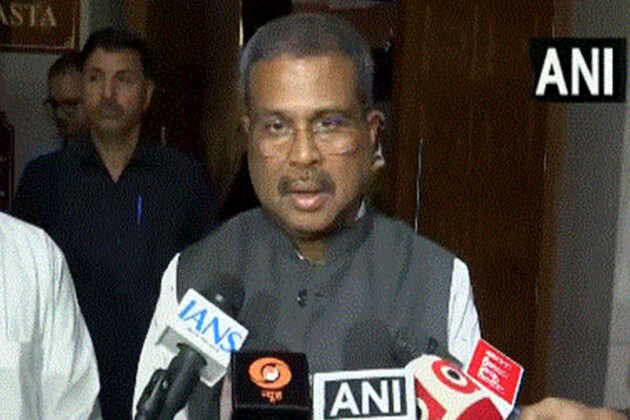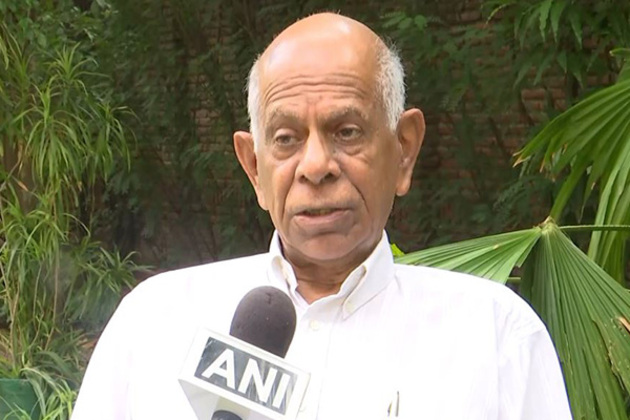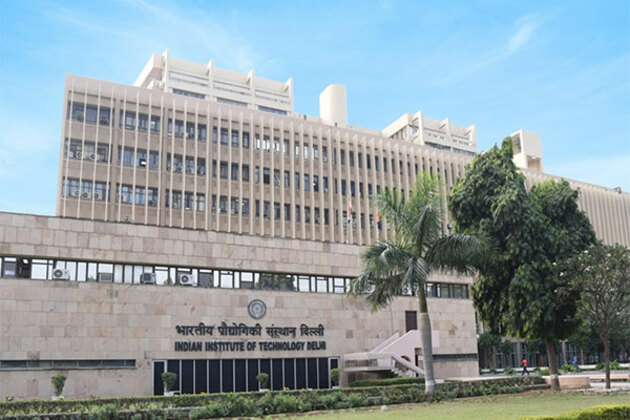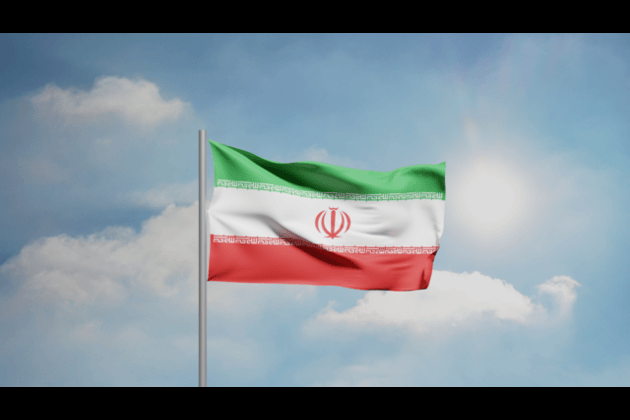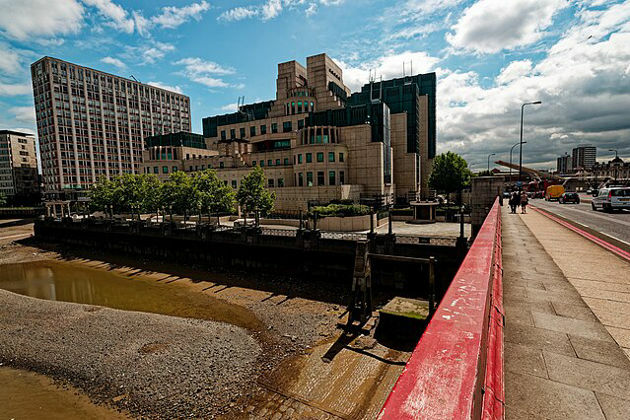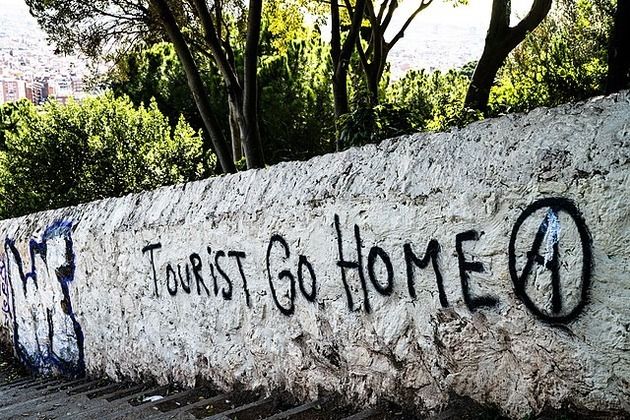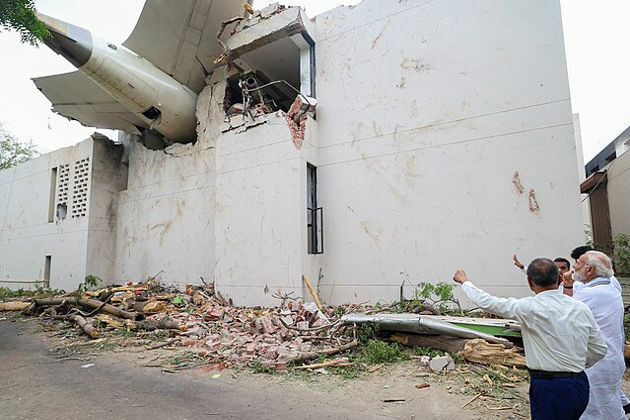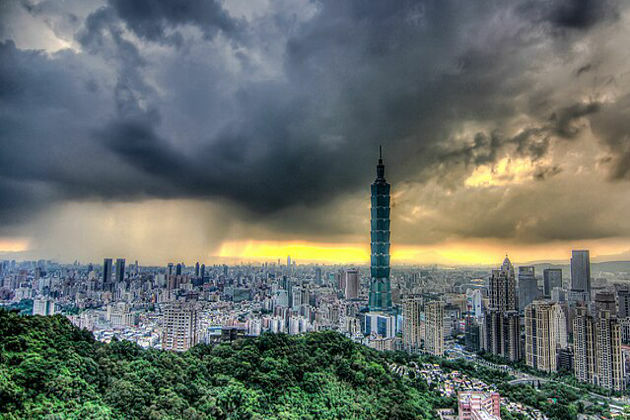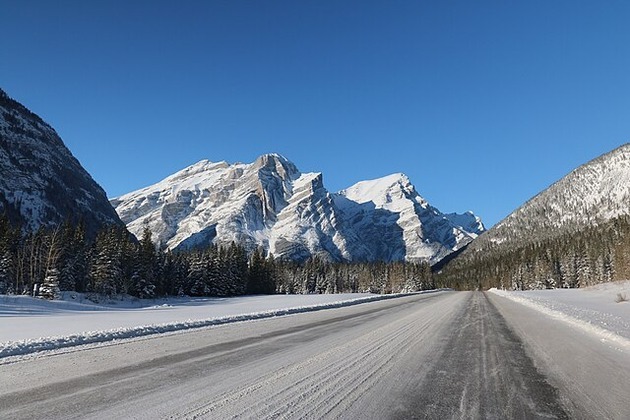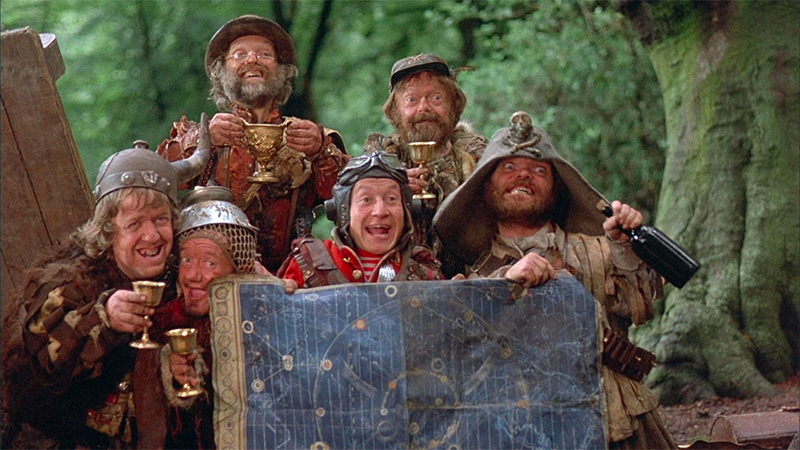Five films you need to watch to better understand radicalisation
The Conversation
23 Aug 2019, 17:58 GMT+10
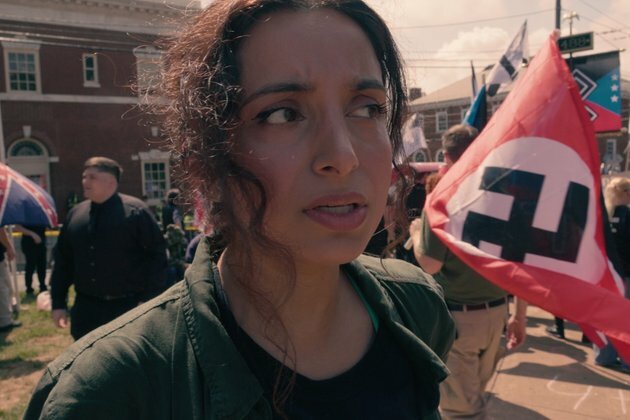
Violent extremist ideologies are becoming more widespread, globally. It is clear that stemming this tide demands more than harsh policing and a "tough on crime" attitude. This is a deeper problem. Indeed, recently, UK Metropolitan police assistant commissioner Neil Basu argued that fighting extremism requires more than just policing and security measures. He suggested that sociologists and criminologists assume a leading role in tackling radicalisation, looking at factors like social exclusion, education and social mobility.
This is a positive development. But it's worth remembering that filmmakers from around the world have been on the front line in exploring the reasons why young men and women are drawn into violent movements. And so when exploring the foundations of radicalisation, watching film is a good place to start. Film has the power to change how we see the world. Watching a film brings us face to face with people and situations we wouldn't normally encounter.
This selection of films shows the problem of extremism in its complexity - moving away from Hollywood "villain and hero" tales, to examine how real people can become radicalised, as well as containing hopeful ideas for tackling the problem.
1. White Right: Meeting the Enemy (2017)
An astonishingly prescient documentary about the growing scourge of white supremacist terrorism, White Right is directed by Deeyah Khan, who was filming at the Charlottesville rally where anti-fascist protestor Heather Heyer was killed.
When interviewing white supremacists, Khan is frank about her Muslim identity and liberal politics. But instead of engaging the men she interviews in ideological debates, she focuses on their emotions, and highlights how their belief systems have impacted her personally.
The most striking instance of Khan's approach is Ken Parker, an aggressive member of a neo-Nazi organisation. Having spent some time together, Khan reads Ken some racist abuse she received following a BBC interview. In a moving and transformational scene, Ken, visibly distressed, says, "I don't want to hurt your feelings ... I consider you a friend."
For people like Ken, adherence to extremism gave him a sense of belonging. When confronted with the pain his ideology inflicted on a real person, he chose to leave. He is now an active member in his local African American Church.
2. The Reluctant Fundamentalist (2011)
Donald Trump may think that a travel ban on certain Muslim countries can stop terrorism in the US, but of course, it is impossible to tell who is, or will become, a terrorist from their nationality or skin colour.
This is the premise of Mira Nair's film The Reluctant Fundamentalist: we don't know whether the protagonist, Changez, is a terrorist or not.
The son of a blue-blooded but broke Pakistani family, Changez attends Princeton and obtains a coveted position in an elite Manhattan consultancy. He asserts: "I am a lover of America." But this is the era of 9/11 - America is not a lover of Changez, his Pakistani passport, nor his "Muslim" appearance.
As societies, we reap what we sow. In the wake of 9/11, heightened, humiliating security measures and racial profiling alienated members of the Muslim community in the US.
The film also shows that there are different kinds of fundamentalism - how we treat those suspected of terrorism can tip into a kind of fundamentalist mania as well: "We can all be a little radicalised."
3. Four Lions (2010)
Brass Eye creator Chris Morris's latest political satire, The Day Shall Come, will be released on October 11, 2019, so it's an excellent time to revisit Four Lions.
On reading reports of terrorist cells, Morris noted that they "contained elements of farce". The jihadi band is just a "bunch of blokes".
Starring the irrepressible Riz Ahmed, Four Lions lampoons the inefficacy of a haphazard gang of would-be jihadists and our fears of the terrorist bogeyman. The film also shows that the attractions of extremism for young British people are not religious, but instead connected a range of grievances, around capitalism and consumerism.
In one particularly hilarious scene, Ahmed's character Omar launches into a tirade of astonishing verbosity:
Ironic, then, that Omar blows himself up in a Boots chemist shop.
4. Making Of (2006)
Many accounts of radicalisation focus on Western countries, but films like Nouri Bouzid's Making Of remind us that radicalisation is a global problem. This film addresses two issues that are consistently cited as key risk factors: youth and masculinity.
Making Of clearly outlines the push and pull factors that motivate extremism in young men: lack of job opportunities, feelings of shame and humiliation, brainwashing by extremist leaders. Most significant, the film suggests, is a lack of hope for the future.
Bhatha, the young radicalised man in the film, comes across not as an angry villainous terrorist, but as a confused and even vulnerable young man. One of the saddest moments in the film is when Bhatha says: "I don't dream anymore."
This chimes with anthropologist Scott Atran's argument that aspirations are key in preventing radicalisation - we need to give young people hope, encourage their passions and dreams, and give them what he calls "a life of significance".
5. Maurice Sweeney, I, Dolours (2018)
As the Irish border continues to be the sticking point in UK government's Brexit policy, it's a good time to revisit a conflict whose violence and devastation continue to affect the lives of Protestant and Catholic communities in Northern Ireland.
I, Dolours is an intimate documentary portrait of Dolours Price, an Irish Republican who became one of the most infamous members of the IRA in the 1970s and 1980s.
Price, who passed away in 2013, looks back on her days in the IRA. Jailed for participating in a car bombing of the Old Bailey in London in 1973, Price and her sister Margaret were the first IRA prisoners to go on hunger strike.
One of the most poignant aspects of Price's move towards violent extremism is how it might have been avoided - as a schoolgirl, she was drawn first to the peaceful civil rights movement of African Americans like Martin Luther King.
Only after the brutality of the Burntollet Bridge attack did Price renounce peaceful methods of emancipation - showing that violence breeds violence.
Author: Maria Flood - Lecturer in Film Studies, Keele University 
 Share
Share
 Tweet
Tweet
 Share
Share
 Flip
Flip
 Email
Email
Watch latest videos
Subscribe and Follow
Get a daily dose of Illinois Intelligencer news through our daily email, its complimentary and keeps you fully up to date with world and business news as well.
News RELEASES
Publish news of your business, community or sports group, personnel appointments, major event and more by submitting a news release to Illinois Intelligencer.
More InformationNorth America
SectionIndia's artisanal legacy shines bright in PM Modi's gifts for Canada
New Delhi [India], June 19 (ANI): Prime Minister Narendra Modi presented gifts to the Canadian leadership, including Prime Minister...
"Testament to PM Modi's educational reforms": Dharmendra Pradhan hails India's new high in QS World University Rankings
New Delhi [India], June 19 (ANI): With Indian Higher Educational Institutes (HEIs) witnessing an''unprecedented' five-fold rise in...
"President Trump contradicts President Trump... what he says today is not what he might say tomorrow": Ex-diplomat Fabian
New Delhi [India], June 19 (ANI): Former diplomat KP Fabian has provided insights into how the Israel-Iran conflict might turn out...
India sees record rise in ranked educational institutions, IIT Delhi climbs to 123rd in QS World University Rankings 2026
New Delhi [India], June 19 (ANI): India has achieved its strongest-ever performance in the QS World University Rankings 2026, with...
Abdullah bin Zayed meets Secretary of Economy of Mexico
MEXICO CITY, 19th June, 2025 (WAM) -- H.H. Sheikh Abdullah bin Zayed Al Nahyan, Deputy Prime Minister and Minister of Foreign Affairs,...
UAE Central Bank keeps interest rate steady after US Fed decision
New Delhi [India], June 19 (ANI): The Central Bank of the UAE (CBUAE) has decided to keep its key interest rate unchanged, following...
International
SectionTehran seeks ceasefire via Gulf allies, offers nuclear flexibility
DUBAI, U.A.E.: As violence escalates between Iran and Israel, Tehran is turning to its Gulf neighbors to help broker a ceasefire —...
Blaise Metreweli becomes first woman to head MI6
LONDON, U.K.: On June 15, Britain named Blaise Metreweli as the first woman to lead the Secret Intelligence Service, commonly known...
'Tourists go home': Anti-over-tourism protests erupt in Barcelona
BARCELONA/MADRID, Spain: With another record-breaking tourist season underway, thousands of residents across southern Europe marched...
Flight recorder may reveal cause of deadly crash of Air India Boeing
NEW DELHI, India: The flight data recorder from the crashed Air India plane was found on June 13. This vital discovery may help investigators...
Severe storm strikes Dongfang in Southern China
BEIJING, China: A typhoon altered its course and struck Hainan Island, southern China, late on the night of June 13. Typhoon Wutip...
Canada seeking calm at G7, despite abrupt departure of Trump
BANFF, Alberta: The recent G7 summit has convened for the second and final day in the picturesque Canadian Rockies amidst escalating...


